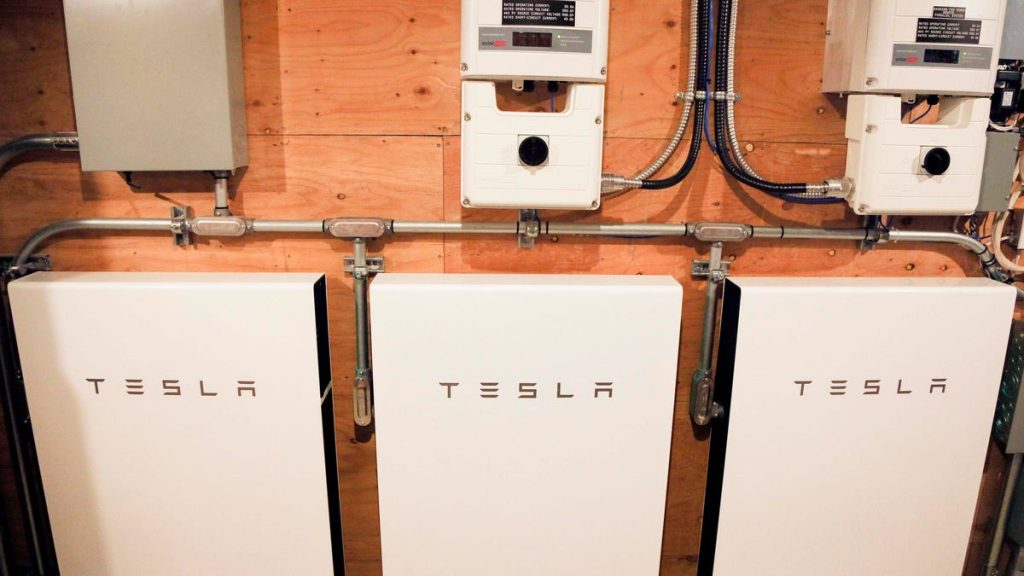Solar panels are a great way to capture free, clean energy from the sun, and can also be used to feed power back to the grid for savings on utility bills. However, adding a solar battery bank provides real energy independence, allowing homeowners to stay powered even when the grid goes down. Batteries are essential for ensuring that homes stay lit, warm, and that vital electronics like medical equipment continue to function. Depending on where you live, batteries can save you money by returning energy to the grid at peak times.
Solar batteries function as storage tanks for electricity, replenishing their supply from sources like solar panels or the grid. There are several options for connecting batteries, including to solar panels only, to solar panels and the grid, or just to the grid. While batteries can help reduce energy bills, they also come with costs and can be confusing to navigate in terms of specifications. Lithium-ion batteries are becoming more standard for residential solar applications, offering deeper discharge capabilities and longer lifespans compared to lead-acid batteries.
The purchase of a solar battery system can cost between $10,000 to $25,000, depending on the size and capacity of the system. It is advisable to work with a certified solar installer or electrician to install the system and connect it to various components. Regular maintenance is necessary for battery backup systems, including monitoring discharge levels and topping off flooded lead-acid batteries with distilled water. Batteries typically come with warranties guaranteeing their performance over time.
Inverters play a crucial role in how batteries store and convert solar energy, converting between AC and DC currents. Some batteries include inverters for both input and output, while others may require additional inverters. It is important to be cautious of cheap inverters to prevent damage to household appliances. Solar batteries can be used to ensure constant power availability, whether for reducing reliance on the grid, providing backup during outages, or maximizing savings through net metering. Working with a professional installer is recommended to ensure proper installation and compliance with regulations.











